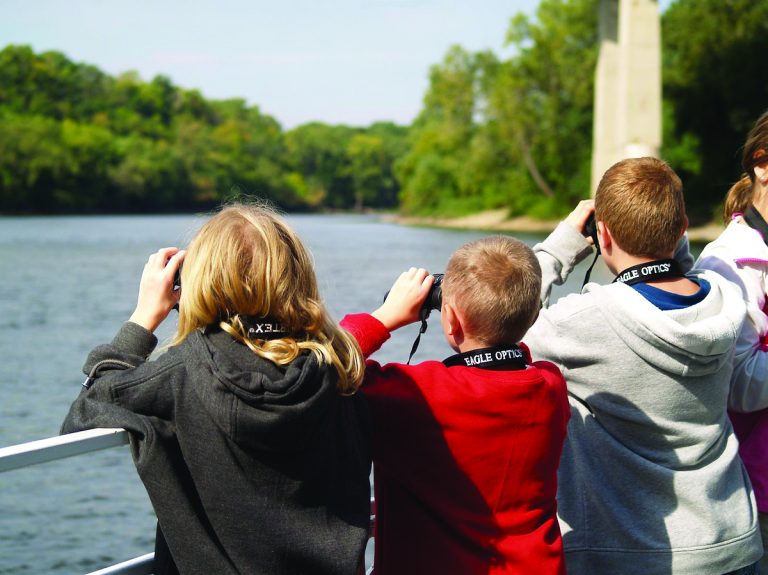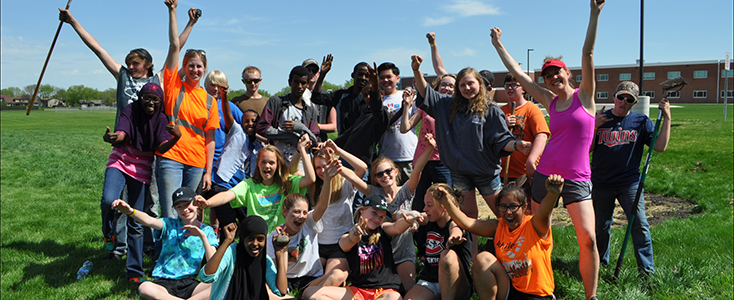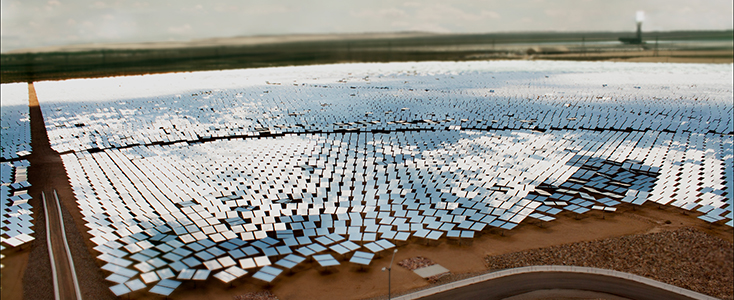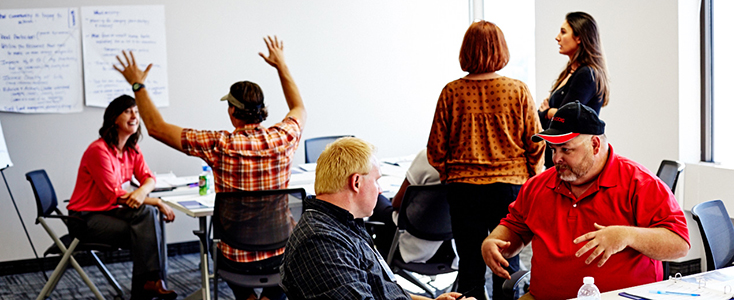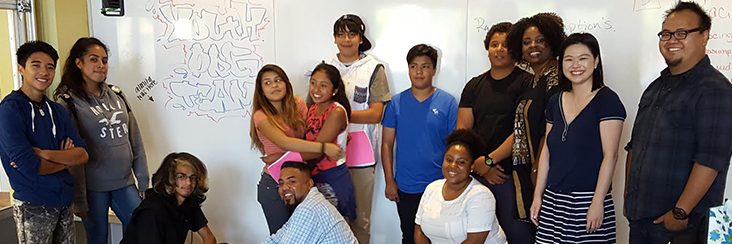Philanthropy’s robust toolkit can advance climate mitigation, adaptation via community action, policy, & markets
Even as the high human, economic, environmental, and planetary costs of climate change come into sharper focus, global greenhouse gas emissions continue to rise, tightening the timeframe for a transition to a low-carbon future. Climate change exacerbates growing pressures on life-sustaining resources, including freshwater, soil, and biodiversity. We all have a stake in efforts to …



